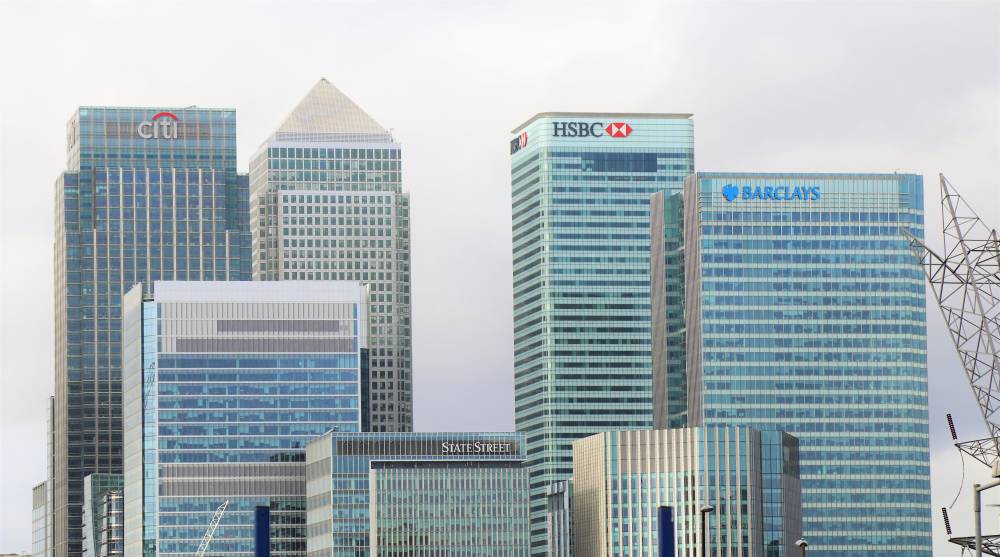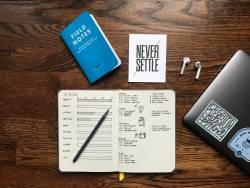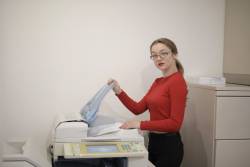
How Many Bank Accounts Should You Really Have?

When it comes to managing your personal finances, the question of how many bank accounts should you have is one that comes up often.
Should you stick to one bank or spread your accounts over different banks? Is having multiple accounts beneficial or just complicated? Do more accounts mean an increased risk of identity theft? And what about savings accounts – where do they come in?
Read on to find out more about the pros and cons of having more than one bank account, and how to determine what’s the best option for you.
Most people only need one bank
For the majority, having your basic banking services with just one bank is enough. A checking and a current account are all you’ll need to keep control of your finances without going into the complications of having multiple accounts at different banks. And if you have an issue with your account, you won’t have to hop around the city visiting various bank branches.
In essence, the two main reasons for sticking to one bank are these:
1. Banking with one bank is simpler
Sticking to one bank will make life easier when it comes to managing your finances. Keeping track of multiple accounts can get messy. When you have multiple accounts at different banks, having to keep tabs on your checkbooks, account numbers and routing numbers makes things a lot more complicated than they need to be. What’s more, if you have your money centralized in one place, you can better keep an eye on your spending, lowering the risk of overdrafts.
2. Reduce your risk of theft and fraud
When you have your bank accounts with one bank and not spread out over two or three, you are less at risk of identity theft and account fraud. The fewer banks which hold your personal information, the less the chance of an intruder getting access to your data.
However, there are some key instances when banking with more than one bank is the best way forward.
When you should have a second bank
If you want to keep your money separate, doing business with more than one bank might be the winning solution. Whether it is multiple savings accounts you’re after, securing your emergency fund, or transitioning between banks, a second bank could be the smart choice you need.
Here are some reasons why you should consider spreading out your banking:
1. In case of emergencies
Keeping emergency money in your second account just in case, the worst should happen is like having a safety net. You can keep your regular bank card on you and stash away your second one with our emergency fund in a safe place.
2. Different savings accounts
If you want to have more than one savings account, some banks offer the possibility for this. When you want to keep your savings in separate accounts for different goals, choosing a bank that allows this can help you without mixing it all together.
3. Transitioning to another bank
Keeping two accounts open when you’re moving your money from one place to another will ensure that you don’t forget anything important during your transition. Giving yourself an adjustment period to keep track of automatic transfers and income is easiest when you take your time to transfer your account. You’ll want to close your old account after you’ve made sure everything is working smoothly with your new one.
4. Hunting for the highest interest rates
Although this doesn’t really apply in the current economic climate, when banks are offering interest rates on savings accounts which were as high as 7%, opening an account with another bank was a great idea. Moving your banking to chase the highest interest rates was and could be a good idea in the future too. However, with the situation at the moment, this is hardly beneficial.
5. Relationship-related banking
If you and your partner are keeping separate accounts as well as having a joint account, or you’re preparing for a divorce or separation, having a second account is not uncommon.
The reason why having a second (or even third) bank is only suitable for some people is because all of these situations are very specific. There’s no rule or fix guideline about whether or not you should spread out your banking, but keeping these in mind you can make a smarter, better-informed choice.
When you have extra accounts
If you have multiple accounts at different banks without any reason, you might want to reconsider your banking choices and close some accounts. Having your money centralized in one place makes handling your finances a lot simpler than unnecessarily spreading your funds all over the place.
But how should you close your extra accounts properly?
Before going into your bank and closing your account straight-up, you should do some things first. Check through your bank statements for any pending payments or deposits and change them to go to your primary checking account at your chosen bank. Make sure to tie up any loose ends to avoid complications in the future.
Don’t forget to transfer your automated transactions to the bank you’ve chosen as your main!
Choosing your main bank
When it comes to choosing which bank to keep and which accounts to close, have a think about what would be the most practical for you:
- which bank account do you use more often?
- which has the most money in it?
- which bank branch is the most accessible to you/easiest to travel to?
- does the bank have robust online banking?
- which bank has better customer service?
Making sure everything is working smoothly with your chosen bank is important if you want to centralize your money.
Conclusion
Overall, having more than one account at one bank can either cause complications or solve problems depending on your situation. Unless you have a good reason for doing business with more than one bank, it’s a good idea to close all extra accounts. This way, you reduce the risk of identity theft, account fraud, overdraft issues, and messy finances.
When it comes to choosing the bank that’s best for you, bear in mind the key aspects you would like; low fees, good service, multiple savings accounts, and bank branch location.
This way, you’ll be able to choose the bank and banking strategy that’s right for you.













